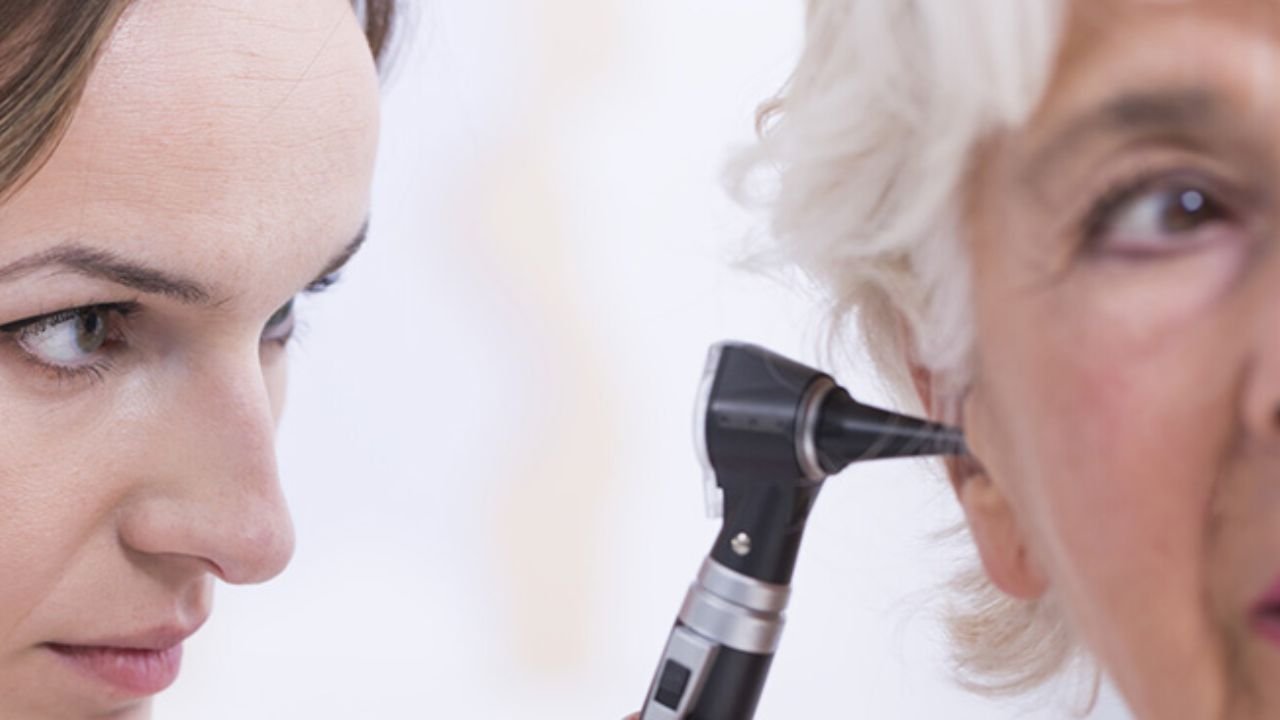Hearing loss has far-reaching consequences. It has been linked to depression, memory issues, failing relationships, and cognitive decline. However, Consumer Reports states that 30 percent of men and women never get their hearing tested.
Every person should have a regular hearing exam to detect hearing loss early. Many people don’t realize they are experiencing hearing loss until it has progressed significantly. Early detection leads to better outcomes.
The Degree of Hearing Loss
Consumer Reports conducted a study that found 42 percent of individuals had mild hearing loss even when they stated they had no hearing issues. However, another 35 percent believed they had hearing loss and didn’t. Medical providers recommend individuals have hearing tests every three years after their fiftieth birthday. Younger individuals should have their hearing screened every ten years.
The Importance of Hearing Tests
Hearing loss is often the result of long-term noise exposure. Loud noises damage tiny hair cells in the ear. In addition, certain medical conditions can lead to hearing loss, but many people miss the subtle signs of this loss. The progression is gradual, which is why hearing tests are essential. They can detect mild hearing loss before many individuals realize they have a problem.
Signs of Hearing Loss
Certain signs indicate it is time for a hearing test. While every person should follow the recommended schedule outlined above, problems may arise between these tests. Visit a doctor if any of the following signs are noticed:
- When conversing with others, sounds are muffled. Many people describe this as if they are underwater and the sounds are distorted.
- Consonant sounds are difficult to decipher. They are at higher frequencies, making them more challenging to detect.
- Hearing sounds in crowded settings is challenging.
- A person with hearing loss might need to ask others to repeat what they said or slow their speech.
- People with hearing loss often turn the TV up, and others in the room complain about how loud it is.
- Hearing people on the phone can be challenging.
- Others say the person with hearing loss isn’t listening to what they say. They mishear things, which can lead to relationship problems.
Self Screening
Some people screen their hearing before making an appointment with a doctor. The National Hearing Test is one option offered. Communications Disorders Technology, Indiana University researchers, and the VU University Medical Center in Amsterdam created it. Another option is hearScreenUSA, a creation of the American Academy of Audiology and hearX Group. Follow up with a doctor if any hearing loss is detected.
Professional Screenings
Many people assume they need to see an audiologist. A primary care physician can determine if a medical issue, such as an ear infection or excessive earwax, is leading to hearing loss. If they can’t find a medical issue, they will recommend testing by a licensed audiologist.
The audiologist takes a complete medical history and physically examines the patient. They conduct hearing tests, including the pure-tone test, to determine if there is hearing loss. If any is found, they determine the extent of the loss so a treatment plan can be developed. Multiple tests are needed to detect all problems because some people can hear sounds but can’t make out the words.
With the help of an audiologist, individuals with hearing loss can develop a treatment plan that addresses their issue. Early detection leads to the best outcomes. Schedule a hearing test today for peace of mind.



